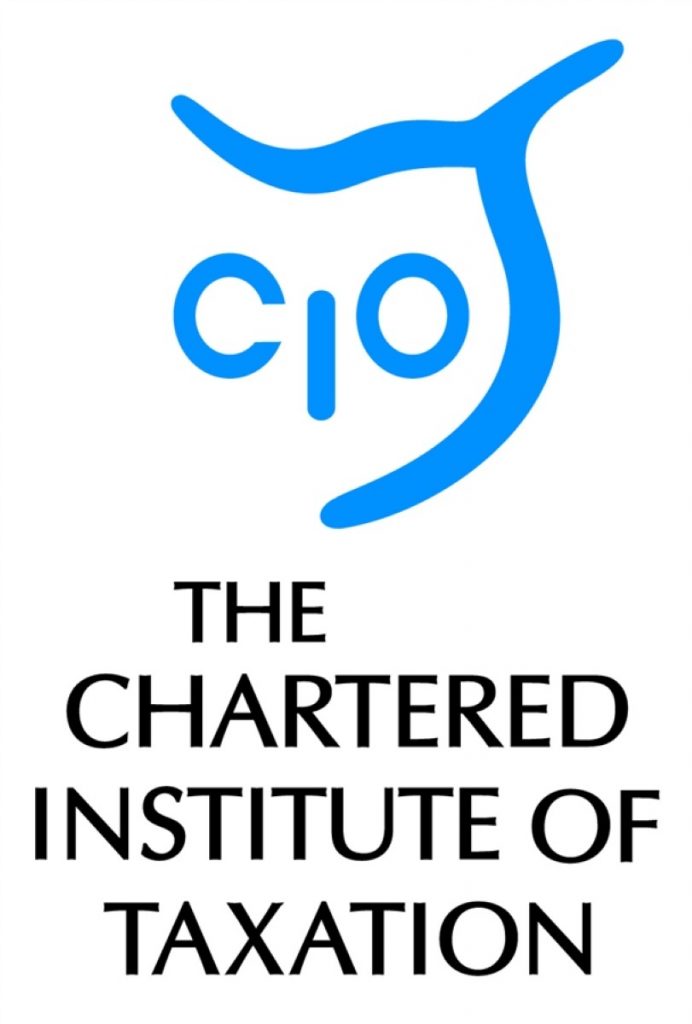CIOT: General public back simplification of the tax system
In a recent survey by The Chartered Institute of Taxation (CIOT), 89% of taxpayers agree that the rules on tax should be simplified.
John Cullinane, CIOT President, says: “The majority of taxpayers in Britain are in the PAYE system. Unlike companies or people who are self-employed they are not in the front line of dealing with the tax system, yet they realise the system is now unwieldy. Of course, many will have experienced the family tax credit system and that gives them some insight into how the system functions.”
In the Chancellor’s Budget yesterday there were moves towards making two areas of tax less complicated: capital allowances for business and income tax rates. Last year John Cullinane asked the Government to review the income tax rates to help make PAYE less complex. It was suggested that the five rates could be replaced with two. The CIOT has also been making the case that complexity is causing uncertainty for business, is counterproductive in dealing with avoidance and is creating pitfalls, uncertainties and compliance costs for the generality of taxpayers.
John Cullinane adds: “Simplification of tax rates and capital allowances announced in the Chancellor’s speech show a welcome acknowledgment that the tax system has become too complex as The Chartered Institute of Taxation has long argued. We very much hope that the same trend will be as evident in the small print as it is in the headlines. It will take major reform to reduce the existing complexity but this is a very positive step in that direction. We hope that the trend will continue in future Budgets, whoever the Chancellor is.”
The research was carried out on behalf of the CIOT by CommunicateResearch.
Notes to Editors
In 2006 John Cullinane wrote in the Financial Times: “The real problem is the complexity of the system. Why do we have 5 tax rates – 10%, 20%, 22%, 32½% and 40% – on different classes and levels of income, not to mention NIC rates, means-tested age allowances, and so on? We could probably cater for the underlying policy objectives with two. It is the spurious complexity of the excess which create the Hobson’s choice between the prohibitively expensive option of tax returns for all and the less transparent but equally real costs of operating PAYE and falling hardest on the poor and the enterprising.”
CommunicateResearch interviewed a random sample of 1,000 income tax payers throughout Britain online from 23 February to 1 March 2007. The sample was drawn from a nationally representative sample of British adults for which quotas were set by age, gender, region and social grade.
The Chartered Institute of Taxation (CIOT) is a registered charity (number 1037771) and is the leading professional body in the United Kingdom concerned solely with taxation. The CIOT deals with all aspects of direct and indirect taxation. Its primary purpose is to promote education in and the study of the administration and practice of taxation. One of its key aims is to achieve a better, more efficient, tax system for all affected by it – taxpayers, advisers and the authorities. The CIOT’s comments and recommendations on tax issues are made solely in order to achieve its aims: it is entirely apolitical in its work. The 14,000 members of the CIOT have the practising title of ‘Chartered Tax Adviser’.
The Institute was established in 1930 and received its Royal Charter in 1994. It is a United Kingdom member of the Confédération Fiscale Européenne (CFE), the umbrella body for 150,000 tax advisers in Europe. As part of its charitable activities, the CIOT also sponsors the Low Incomes Tax Reform Group that works to improve and simplify the tax system so as to make it more responsive to the needs of those who cannot afford to pay for tax advice. The Institute offers the Advanced Diploma in International Taxation as a specialist qualification for international tax practitioners primarily working in corporate tax.





-01.png)